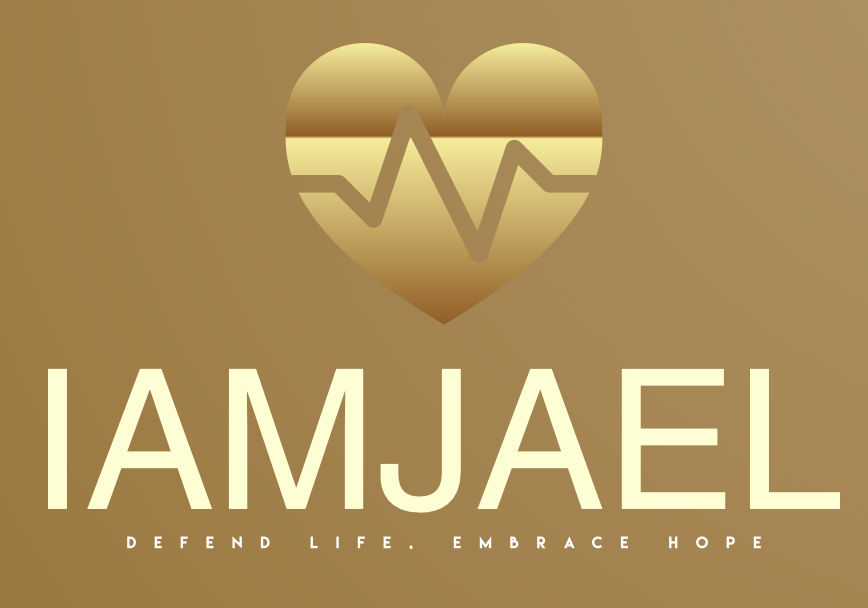What You Need to Know About the Heartbeat Bill
What You Need to Know About the Heartbeat Bill?

The Heartbeat Bill has sparked widespread discussion and debate across the nation. Designed to protect life, the bill aims to prohibit abortions once a fetal heartbeat is detected, which is typically around six weeks of pregnancy. For supporters, it represents a significant step forward in valuing life, while opponents argue it places restrictions on women’s reproductive rights. At IamJael.org, we believe it’s crucial to understand the nuances of this legislation and its impact on individuals and communities.
What is the Heartbeat Bill?
The Heartbeat Bill, also known as “fetal heartbeat legislation,” restricts abortions after a fetal heartbeat can be detected via ultrasound. This is often as early as six weeks into pregnancy—before many women even realize they are pregnant. The bill has been enacted in several states, each with slight variations in implementation and enforcement.
Key Features:
• Prohibits abortions once a heartbeat is detected.
• Often includes exceptions for medical emergencies but may exclude cases of rape or incest in some states.
• Introduces penalties for providers who perform abortions in violation of the law.
Supporters’ Perspective
Advocates for the Heartbeat Bill argue it is a critical measure for protecting unborn life and shifting the nation toward a culture that values every heartbeat.
Arguments in Favor:
• Moral and Ethical Grounds: Many believe life begins at conception, and the presence of a heartbeat signifies the existence of a living being deserving protection.
• Technological Advances: With modern ultrasound capabilities, detecting a heartbeat as early as six weeks provides clear evidence of life.
• Public Sentiment: Polls show a significant portion of Americans support restrictions on abortion after the first trimester, aligning with the bill’s intent.
Opposition to the Heartbeat Bill
Critics of the Heartbeat Bill raise concerns about its implications for women’s health, autonomy, and access to reproductive care.
Concerns Highlighted:
• Limited Timeframe: The six-week window leaves little time for women to confirm a pregnancy, seek medical advice, and make informed decisions.
• Impact on Vulnerable Communities: Low-income individuals and those in rural areas may struggle to access reproductive health services in a timely manner.
• Legal Challenges: Opponents argue the bill infringes on constitutional rights established in landmark cases like Roe v. Wade, though this precedent is evolving.
Impact on Communities Nationwide
The Heartbeat Bill’s passage in various states has led to wide-ranging impacts on families, healthcare providers, and local governments. Communities are seeing shifts in:
• Healthcare Access: Clinics in states with Heartbeat Bills have faced closures, forcing patients to travel across state lines for care.
• Legal Battles: Many states face ongoing lawsuits challenging the constitutionality of the legislation, creating uncertainty for both providers and patients.
• Cultural Conversations: The bill has ignited discussions on the sanctity of life, women’s rights, and the role of government in personal health decisions.
The Role of Faith and Advocacy
For many, faith plays a central role in their stance on the Heartbeat Bill. At IamJael.org, we encourage compassionate conversations that prioritize both life and the dignity of individuals navigating these decisions. Advocacy efforts focus on:
• Supporting women with resources like counseling, housing, and medical care.
• Promoting adoption as an alternative to abortion.
• Educating communities on the importance of valuing life at all stages.
What You Can Do
1. Stay Informed: Understand the specifics of the Heartbeat Bill in your state.
2. Get Involved: Support organizations that provide resources to pregnant women and advocate for life-affirming solutions.
3. Engage in Dialogue: Foster respectful discussions that bridge divides and encourage mutual understanding.
Conclusion
The Heartbeat Bill is more than a legal measure—it’s a reflection of deep societal values and debates about life, choice, and responsibility. By understanding its implications and engaging thoughtfully, we can work toward solutions that honor both life and the complex realities faced by individuals.
IamJael.org is committed to empowering communities with the knowledge and resources to navigate these critical issues.
